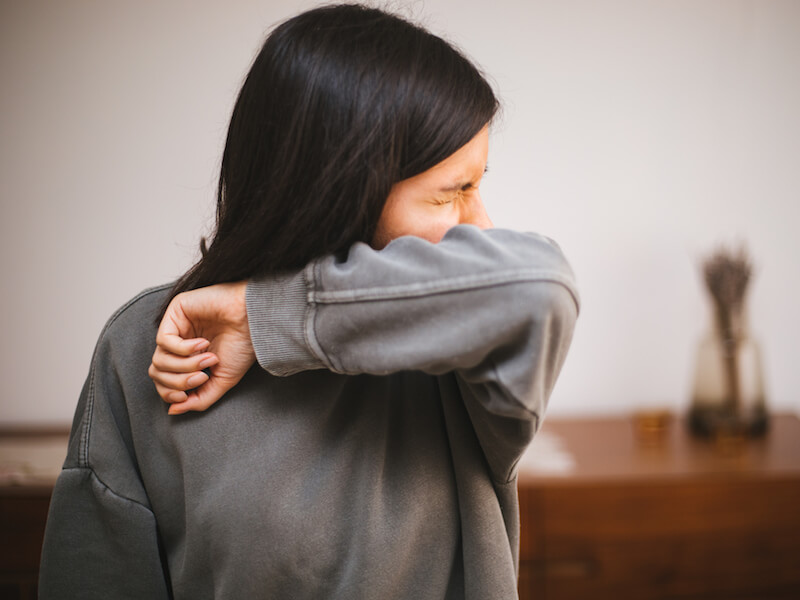
Winter is a time you wait for the rest of the year. The coughing and sneezing and runny nose caused by your hay fever were essentially unbearable over the summer, and you’re hoping the cooler (less pollen-filled) air will offer some comfort.
But, regrettably, many people frequently experience winter allergies as well.
That not to say summer allergies will always give way to winter allergies. But your immune system and your sinuses can be aggravated when they react to certain winter allergies. And these winter allergies come along with seasonal illness so they need to be taken seriously.
What Are Winter Allergies?
Allergic reaction can be viewed as an immune system mis-calibration. Your body will turn up your immune system and start to sneeze in the spring and summer when it senses danger from pollen.
When winter comes, the same basic functions take place, but the allergens causing this reaction will differ. The most common winter allergies consist of:
- Dust: During the winter, dust can become a major allergy problem. Again, because all of your windows likely will stay shut for months on end, all that dust has nowhere to go. It’s more the quantity versus the quality of the dust that’s causing your a runny nose and watery eyes.
- Pet Dander:It’s common to be inside a lot more often when it’s winter. Inside with your pets. So you will be breathing in a lot more dander with no windows open and only recirculated air. The large concentration of this dander could cause your allergies to flare up.
- Mold: Your body isn’t a huge fan of mold spores. And when the cold weather takes hold, those spores become dominant. That’s because the winter frost doesn’t always kill mold spores. Additionally, mold spores are usually smaller than pollen, so they can really get deep into your respiratory system when they cause a reaction (this could cause more coughing than sneezing).
These allergens are, for the most part, inescapable. It’s not as though you’re going to get rid of your animals because of winter allergens. But there are some solutions for avoiding winter allergies.
What’s The Remedy For Winter Allergies?
Reducing winter allergies should be a top priority for all who suffer from them. Staying inside works well during the summer time. But when it’s winter, remaining indoors is exactly the type of thing that’s making your allergies worse.
So here are a few things you can do:
- Obtain pet beds for your animals: Keeping your pets out of your room at night would be the best solution. But at least get your pet their own bed. Your allergies simply need a little space to recuperate.
- Use an air filter: Ensure the air filtration system in your HVAC venting is in working order. Try to have them replaced before winter if possible. If you don’t have HVAC, you can get a stand-alone air filter.
Don’t Forget Your flu Shot
Protecting yourself from compound symptoms is one of the most significant things you can do. If your allergies are acting up and you contract the flu or pneumonia too, you could be dealing with some pretty severe respiratory problems.
Your best solution, then, is to see to it that you get your flu shot every year. Naturally, the flu shot doesn’t protect you against 100% of the flu strains out there. But some protection is better than no protection. And it will be essential to have this added protection if you have winter allergies. You don’t want the flu and allergies at the same time.
Select The Appropriate Allergy Response For Your Needs
Everyone’s allergies differ. You may notice more allergens in your area in December and January. For other people, the real issues may appear in February when the air is really dry. But there are specific steps that can offer relief whatever your allergy situation is.
You don’t need to fight through the winter months with constant runny nose and sneezing just because you have winter allergies. If you want more specific relief from allergy symptoms, speak with your doctor about treatment solutions.